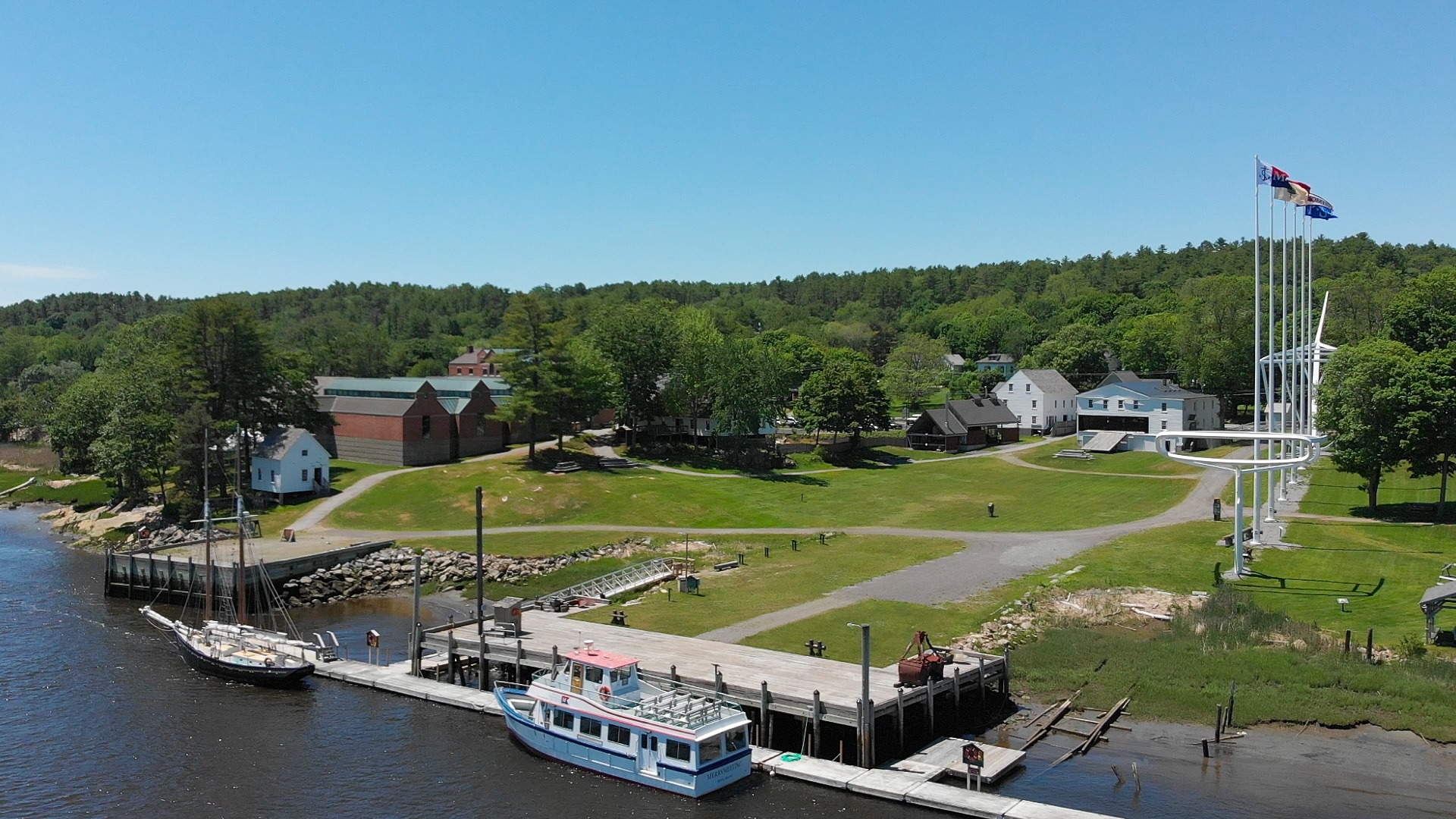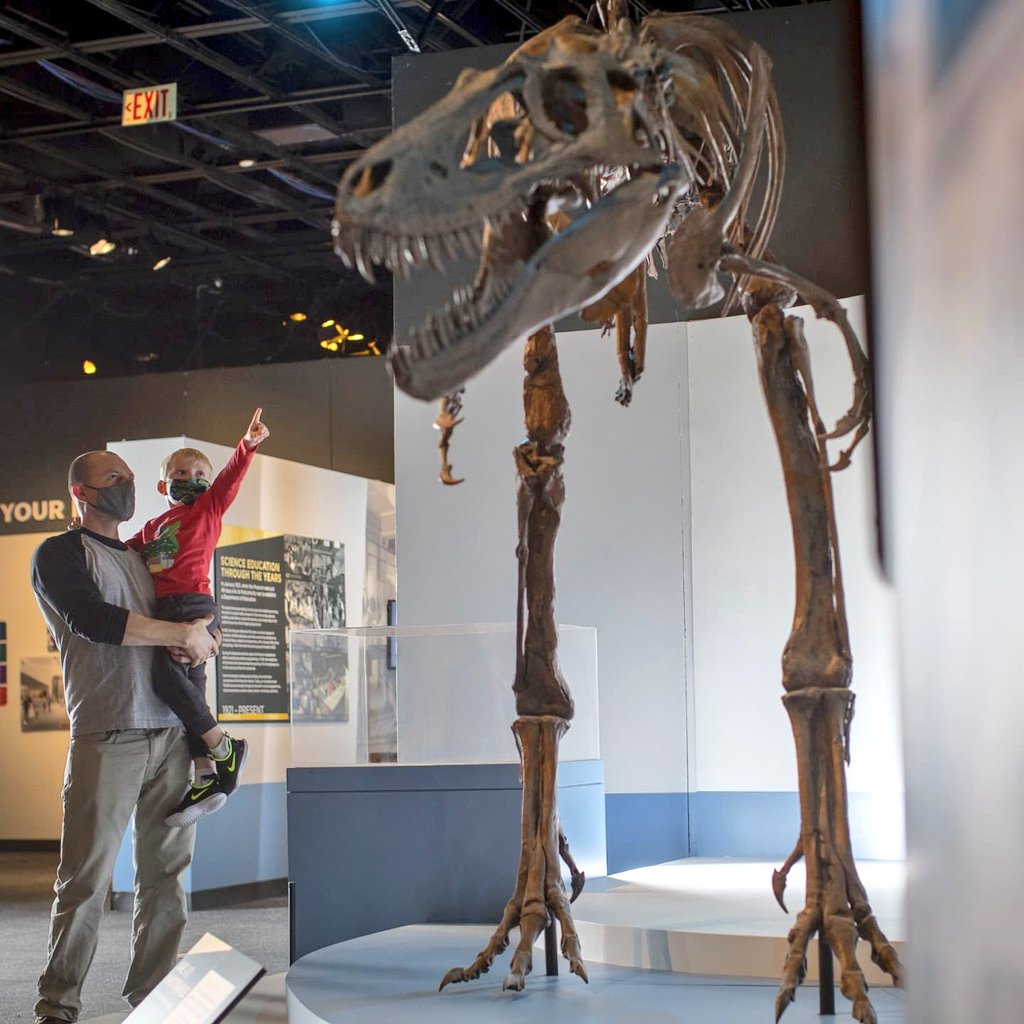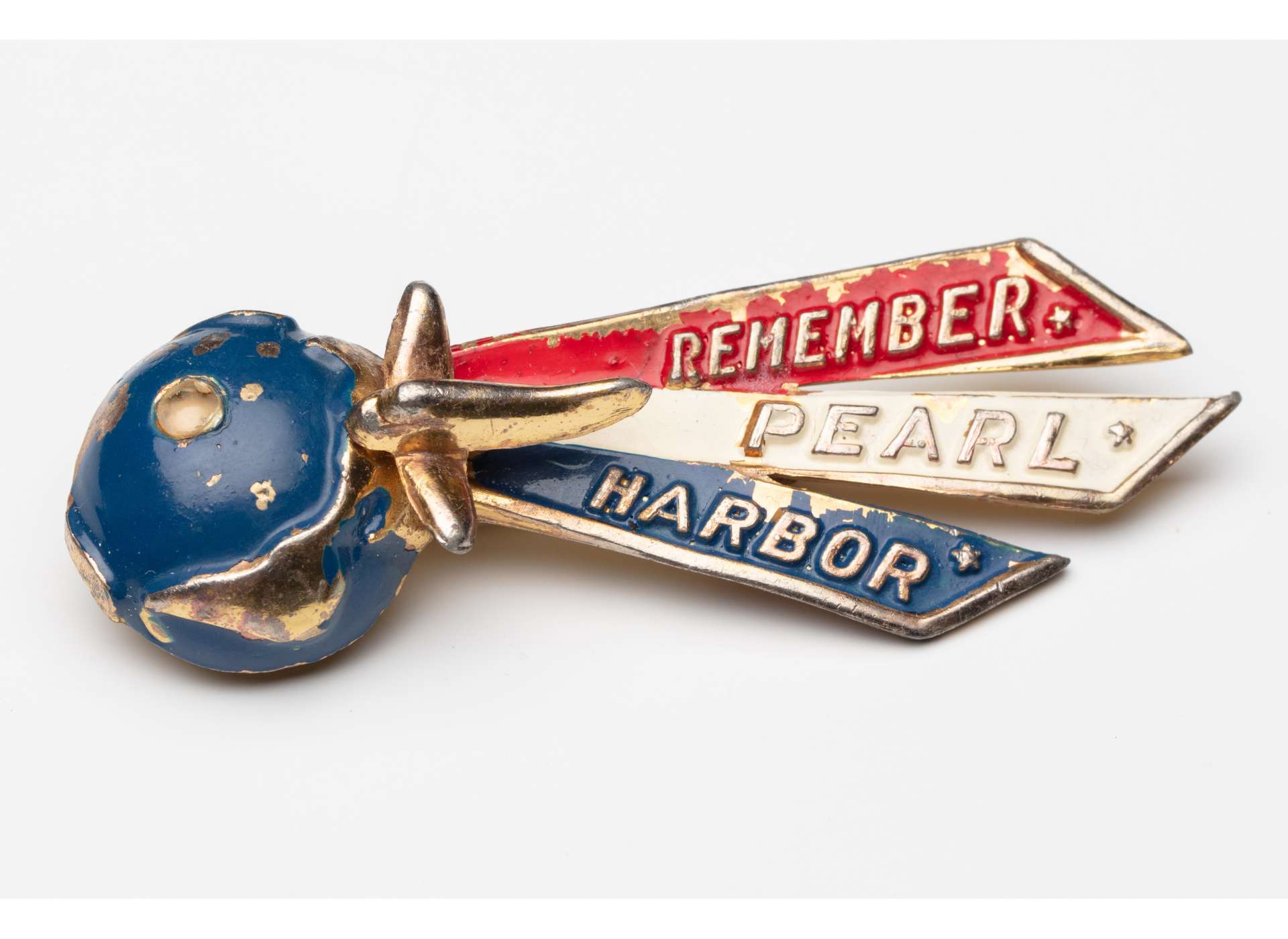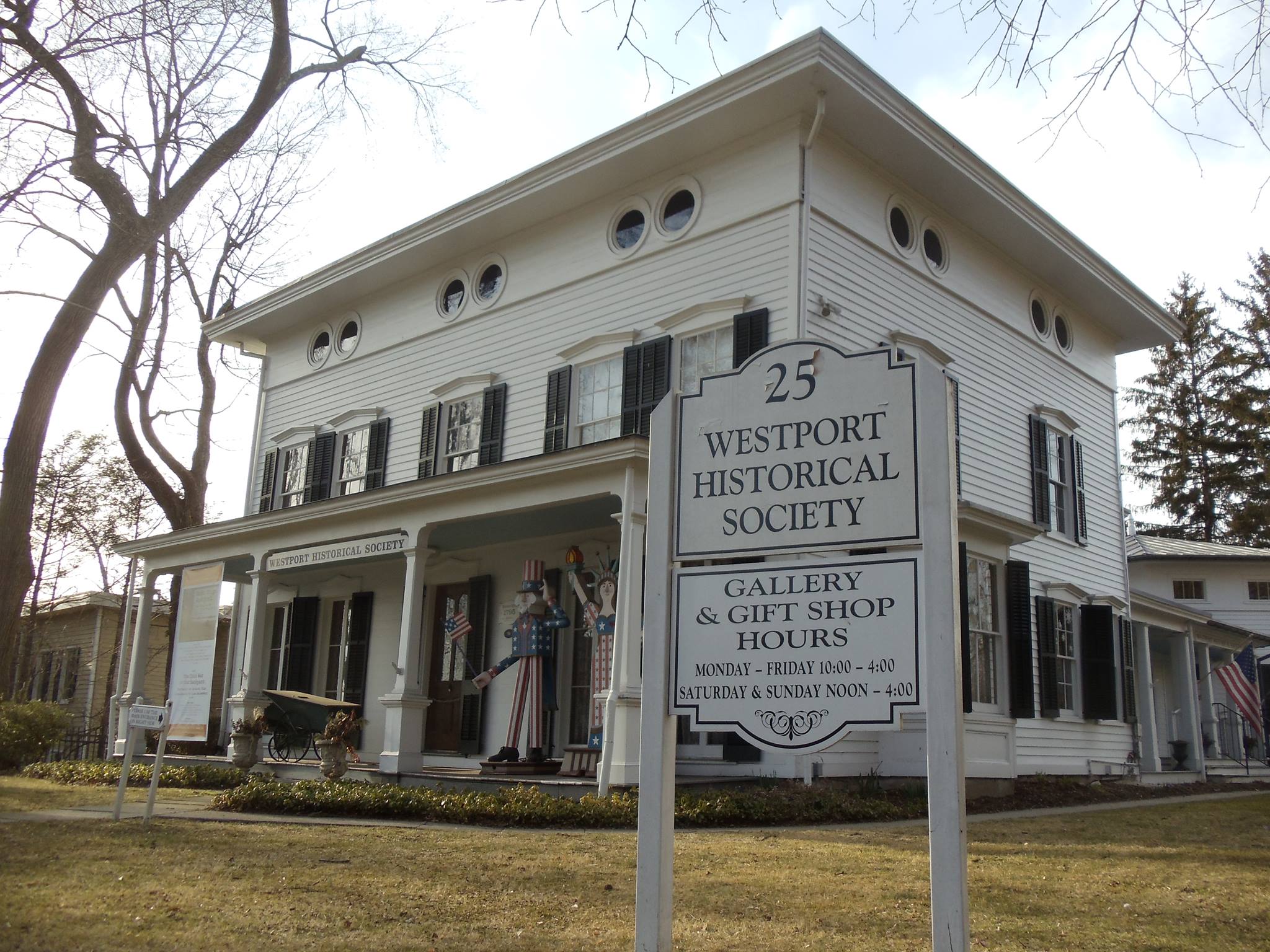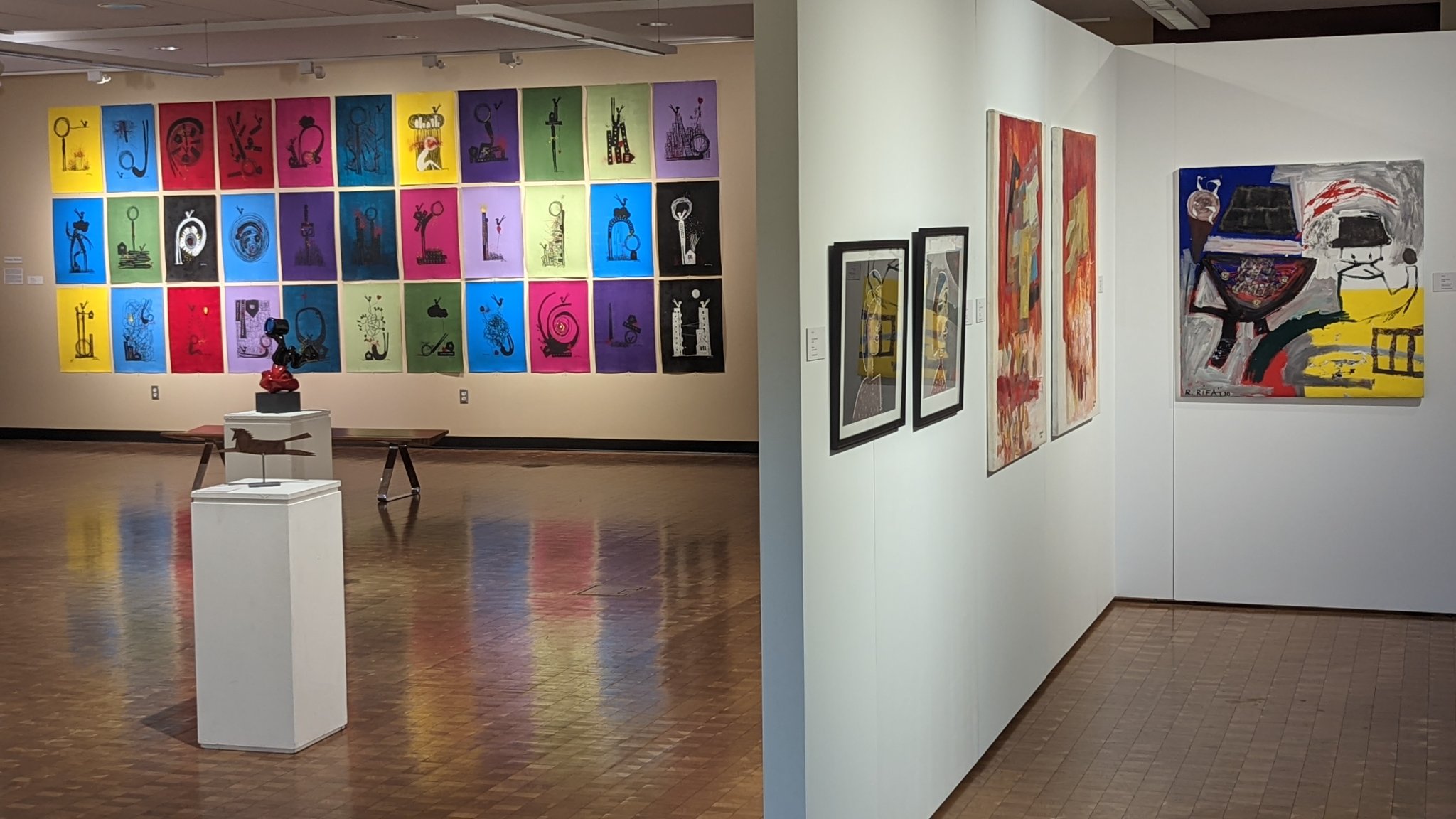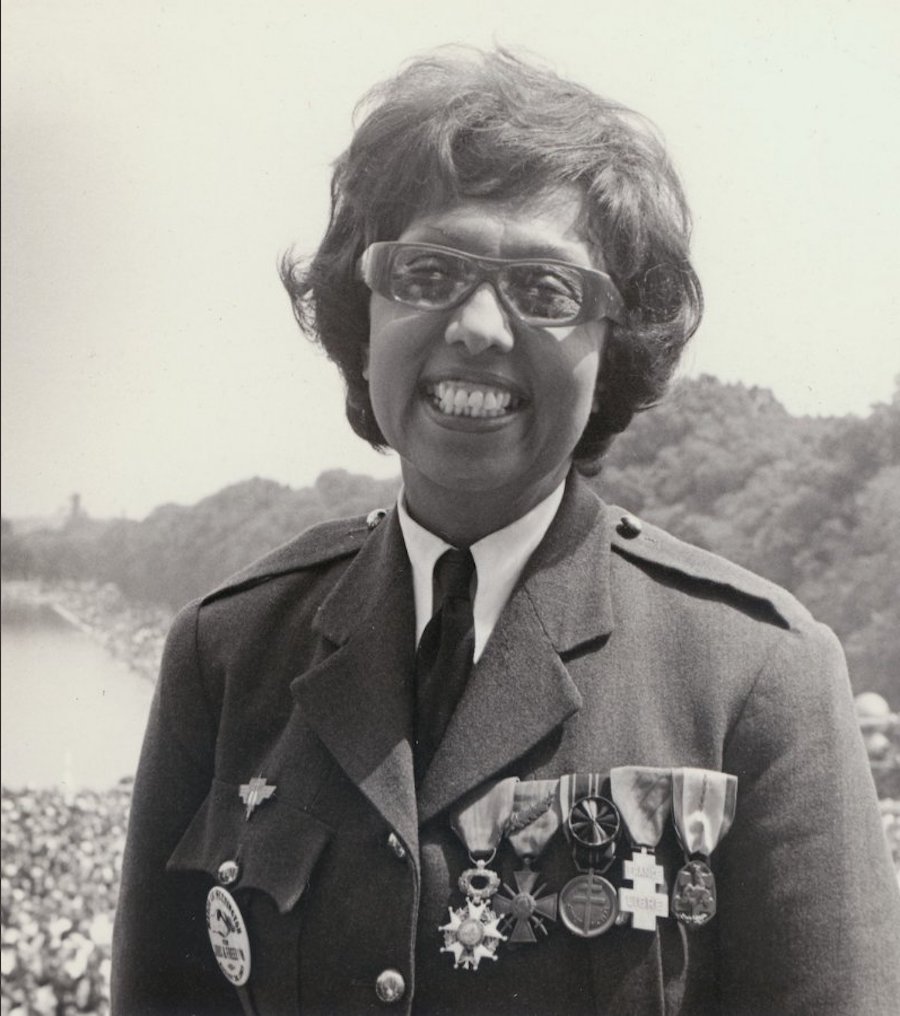Nantucket Whaling Museum

A new exhibit in the Nantucket Whaling Museum tells the story of inspiring individuals who moved Nantucket—and the nation—towards a more just and equitable distribution of political power. It begins with a simple will written in 1710 that endowed a formerly enslaved man with property and continues to the enactment of the 19th Amendment to the Constitution in 1920 that granted voting rights to women.
The Nantucket Historical Association (NHA) is excited to present The Road from Abolition to Suffrage, a new exhibition in the Williams Forsyth Gallery of the Museum on Broad Street.
As the title suggests, the story has two parts—the first looks at the scourge of slavery and the second highlights those individuals with Nantucket connection involved in fighting for civil rights for women. Curiously, the pursuit on whales mirrors the former, while the latter reflects Nantucket’s post-whaling period.
Early on, the virtue of tolerance, so prized in the Quaker community, paved the road for a multitude of ethnicities to engage in the pursuit of whaling. With the decline of the Wampanoag population, African Americans, Pacific Islanders, Azoreans, and Cape Verdeans stepped into those roles. The Underground Railroad had a stop here as escaped slaves benefited from the social distancing of long whaling voyages.
The passage of the 13th, 14th, and 15th Amendments ended slavery and gave Black men the right to vote. Women would wait another five decades. In the island’s post-whaling economy, women and men pressed for the full embodiment of that foundational phrase in the Declaration of Independence: “All Men Are Created Equal.” Finally it came in 1920, 72 years after the Declaration of Sentiments were adopted at the first Women’s Rights Convention in Seneca Falls, New York, in 1848.
Nantucketers today can feel a special pride for those islanders who advocated for civil rights. This new exhibit tells their stories. The exhibition is open to the public during Whaling Museum hours; NHA members can sign up for member mornings and evenings at nha.org.
Read the full article here.






